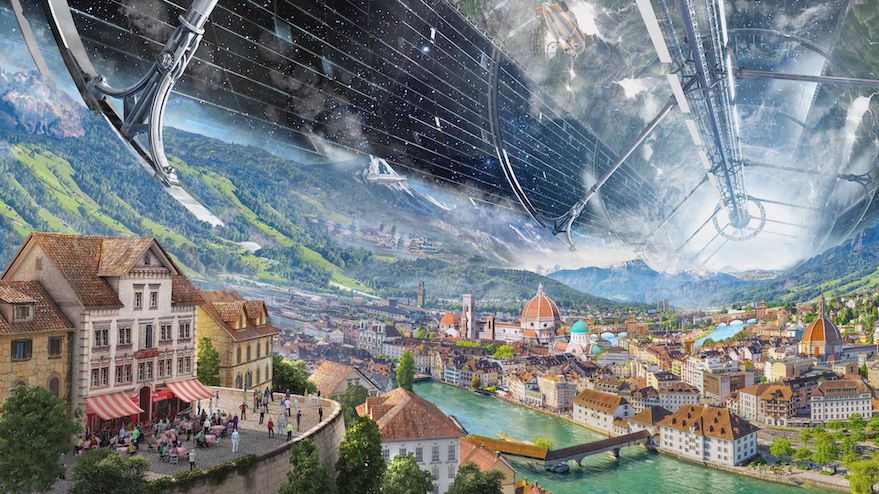In the “Automate the Freight” series, I’ve concentrated on stories that reflect my premise that the killer app for self-driving vehicles will not be private passenger cars, but will more likely be the mundane but necessary task of toting things from place to place. The economics of replacing thousands of salary-drawing and benefit-requiring humans in the logistics chain are greatly favored compared to the profits to be made by providing a convenient and safe commuting experience to individuals. Advances made in automating deliveries will eventually trickle down to the consumer market, but it’ll be the freight carriers that drive innovation.
While I’ve concentrated on self-driving freight vehicles, there are other aspects to automating the supply chain that I’ve touched on in this series, from UAV-delivered blood and medical supplies to the potential for automating the last hundred feet of home delivery with curb-to-door robots. But automation of the other end of the supply chain holds a lot of promise too, both for advancing technology and disrupting the entire logistics field. This time around: automated packaging lines, or how the stuff you buy online gets picked and wrapped for shipping without ever being touched by human hands.





